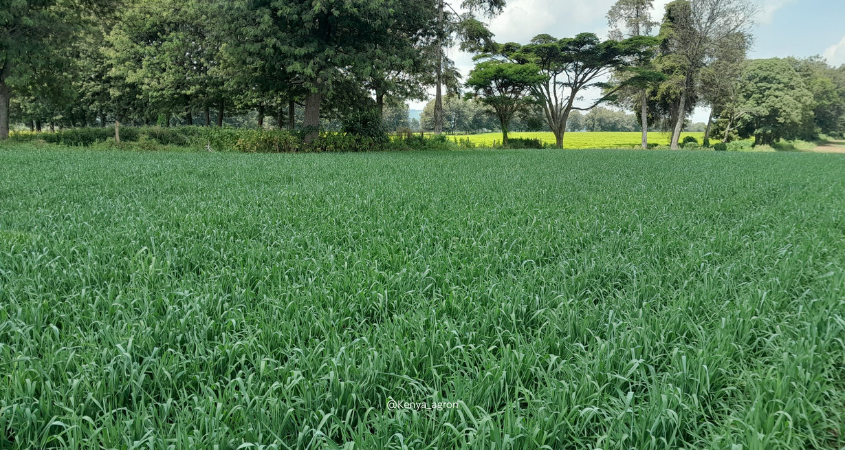
When creating a comprehensive soil testing, leaf testing, and fertilizer program for wheat, it’s essential to consider the following crucial growth stages of the crop: 1️⃣ Pre-Planting Stage: Begin with a thorough soil test before planting wheat to assess the soil’s nutrient levels, organic matter levels, and pH. This stage helps identify any nutrient deficiencies […]
Read More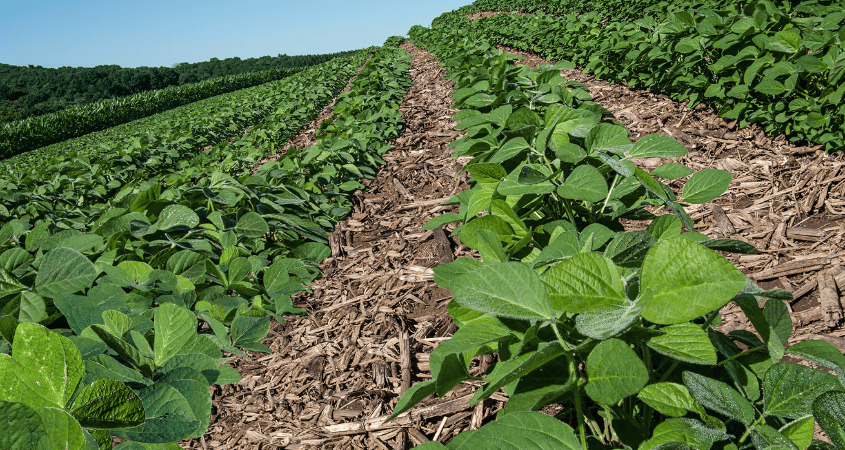
When growing soybeans, it’s crucial to tailor your fertilizer program to meet the crop’s changing nutrient needs throughout its growth stages. Let’s dive into the six crucial growth stages and how to optimize your soybean fertilization strategy for each: 1️⃣ Pre-Planting Stage: Set the stage for success by starting with a soil test before planting […]
Read More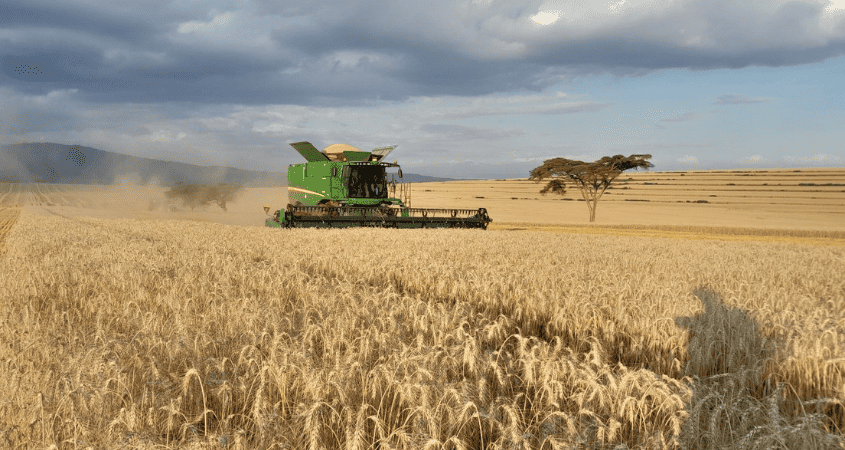
The arrival of a new fungicide that has passed ever-stricter safety and environmental scrutiny, and improves the standard of disease control in crops is always big news. Newly launched fungicide Elatus Arc from Syngenta appears at a time when registering new chemistry is becoming increasingly challenging globally, and resistance to fungicides is developing at an […]
Read More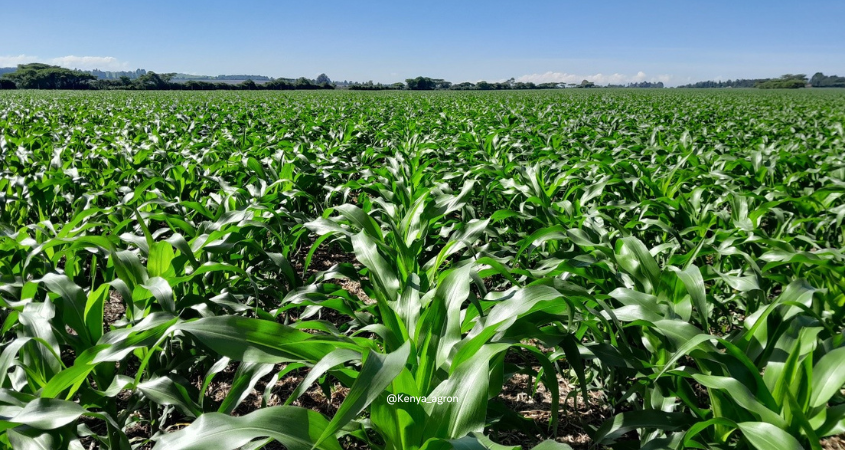
Phosphorus (P) is a crucial nutrient for plant growth and is essential for many biological processes. Effective phosphorus management is critical for cultivating healthy, high-yield crops. Here’s an overview of key aspects related to phosphorus management: Phosphorus Sources Phosphorus can be sourced from various fertilisers, such as single superphosphate (SSP), triple superphosphate (TSP), and diammonium […]
Read More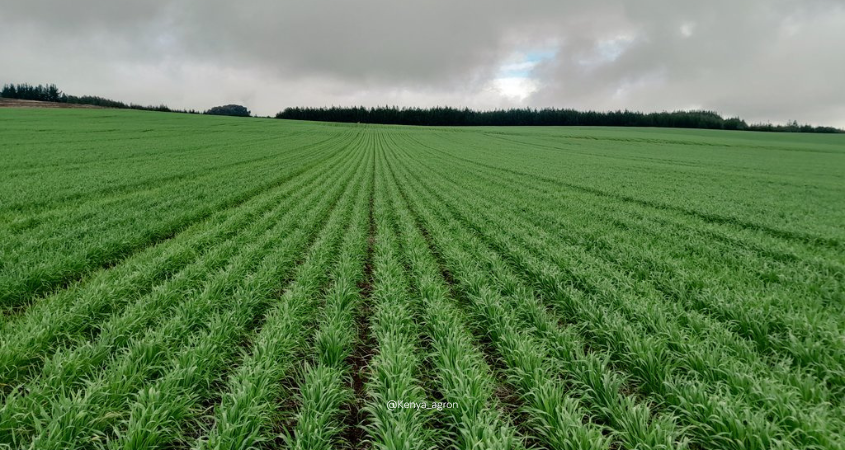
Nitrogen (N) is a vital nutrient for plant growth, and effective nitrogen management is essential for achieving healthy, high-yield crops. Here’s an overview of key aspects related to nitrogen management: 1️⃣ Sources of Nitrogen Nitrogen can be sourced from synthetic fertilisers, including ammonium nitrate, urea, and ammonium sulphate. Organic matter in the soil, such as […]
Read More
Soil testing and nutrient analysis are foundational to optimising nutrient management for healthy, high-yield crops. This practice not only enhances soil health but also ensures sustainable fertiliser use. Let’s explore the importance and key aspects of soil testing and nutrient analysis: 1️⃣ Significance of Soil Testing Soil testing provides valuable insights into the current nutrient […]
Read More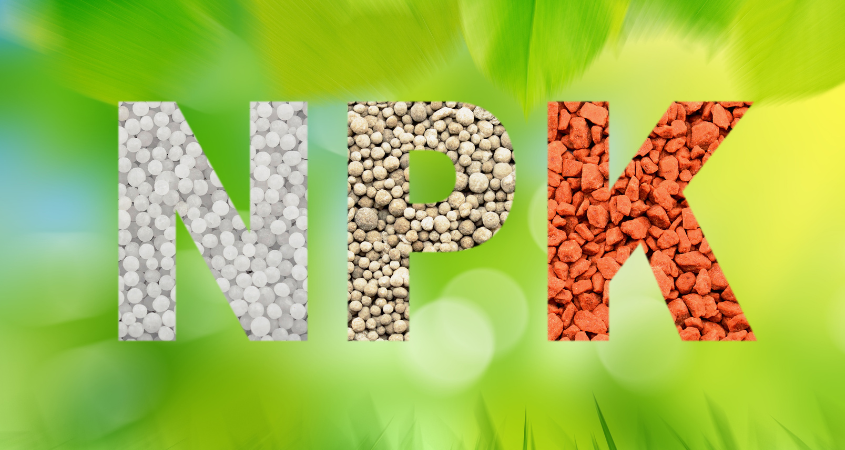
Understanding the “Big Three” nutrients – Nitrogen, Phosphorus, and Potassium (NPK) – is essential for effective fertilizer management in agriculture. These primary macronutrients play a crucial role in plant growth and development. Here’s a deeper look at each of them: Nitrogen (N): Function: Nitrogen is primarily responsible for leafy, green vegetative growth. It’s a fundamental […]
Read More
Maize silage is possibly the number one choice for high-yielding dairy cows, with high energy content and high intakes. But what makes a good forage maize variety? After six trials we have found large and consistent differences in yield and feed quality between various hybrids, which should help farmers choose more suitable varieties for high-performing […]
Read More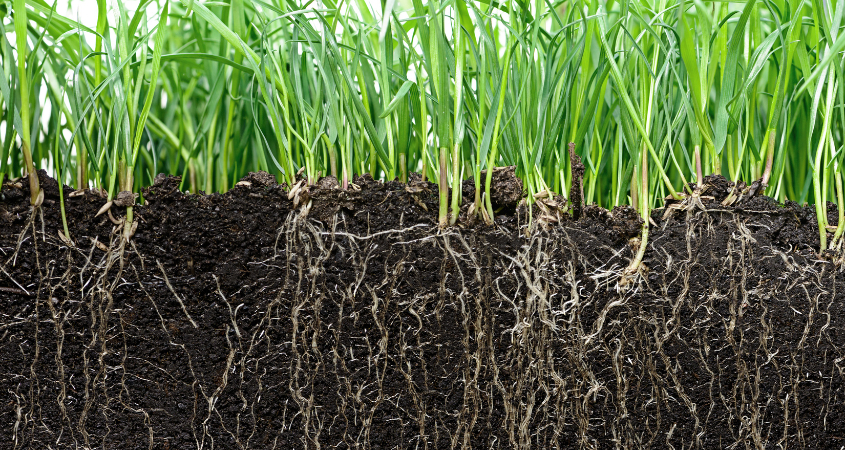
An intricate web of life lies beneath our feet that is often overlooked but plays a crucial role in shaping the health and fertility of our planet. Soil microbiology is of paramount importance in understanding the intricate relationships that exist between plants, soil, and the environment. The dynamic interplay of these microscopic organisms contributes significantly […]
Read More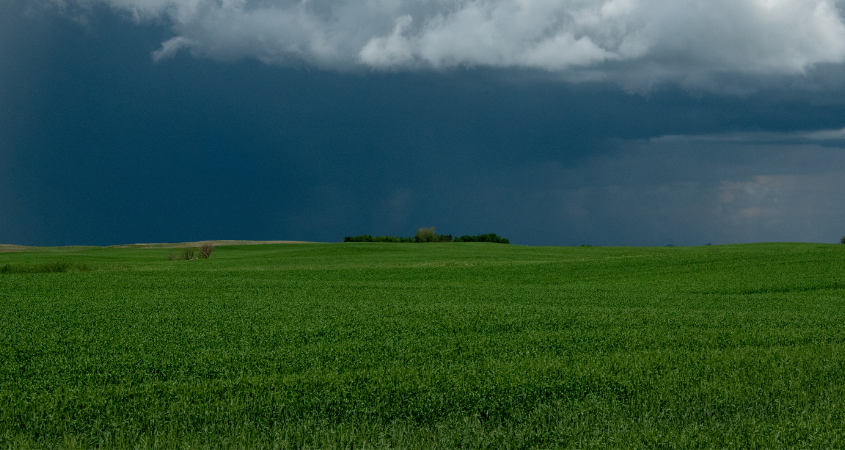
As speculation over an impending El Niño continues to build, growers are advised to plan ahead to ensure that they are not caught out at planting and are in a position to make the most of what could be a high-potential season. Several farmers familiar with the 1997/98 El Niño have told me “Be careful […]
Read More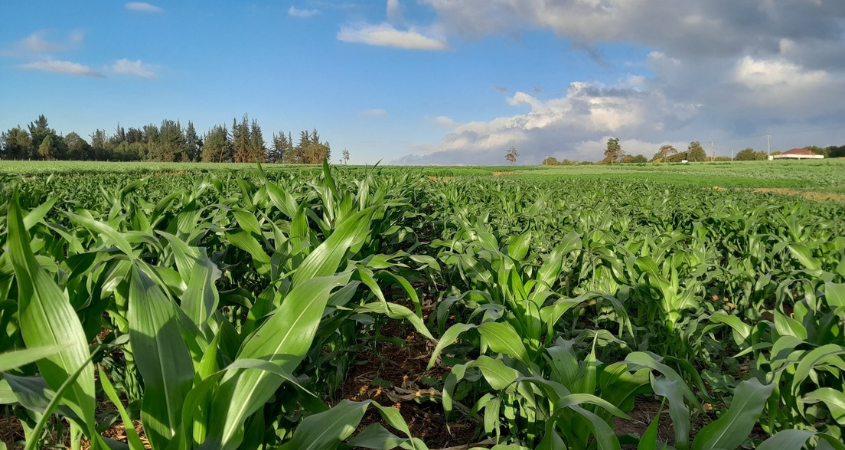
Every time I attend a talk, watch a video, or read an article on crop nutrition, the moment I hear the words “Nutrient X is important for [pollen formation / photosynthesis / insert any other process in the plant]”, I switch off. Whilst it is entirely true that different nutrients perform very different functions within […]
Read More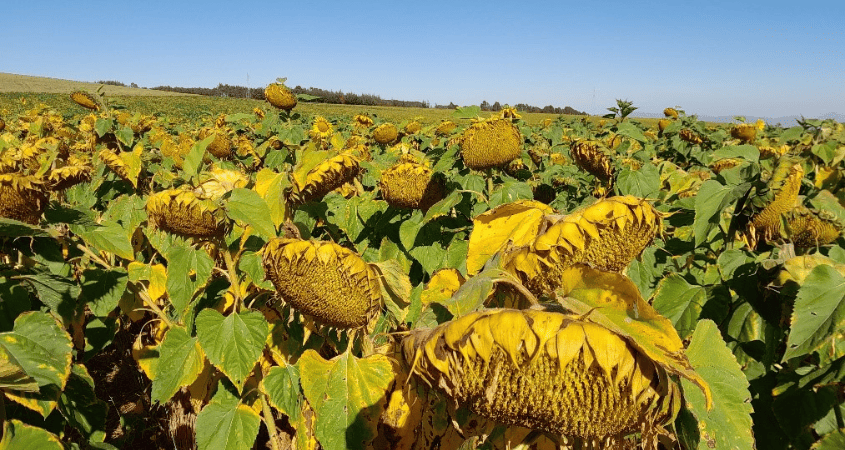
Cash flow, an opportunity to make a bit of profit, improve the soil, and to try out new crops in a lower-risk situation. It may seem a long way off, but these are the reasons why some of the very progressive farmers I work with use off-season crops after maize or wheat. For most farmers […]
Read More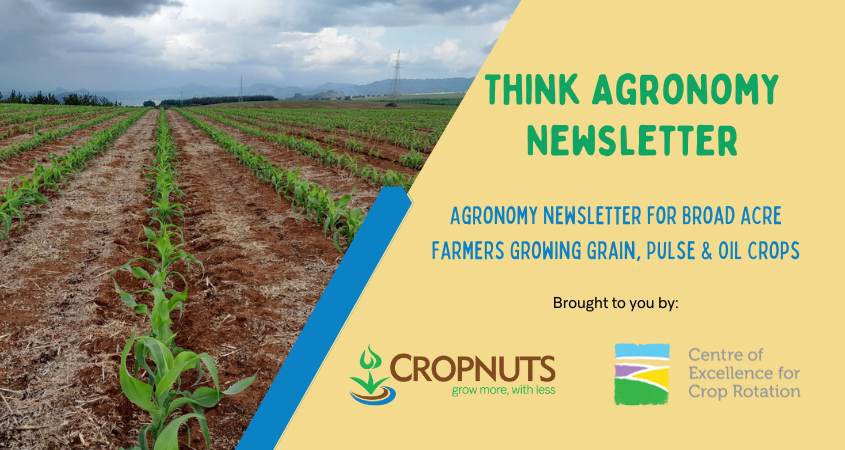
For five years we have tested maize plant populations, and every year we find that the existing advice to plant at 45-50,000 plants/ha does not produce the highest yields or the highest margin – or the best weed control. It is very clear that maize plant populations across the country need a fundamental re-think, and […]
Read More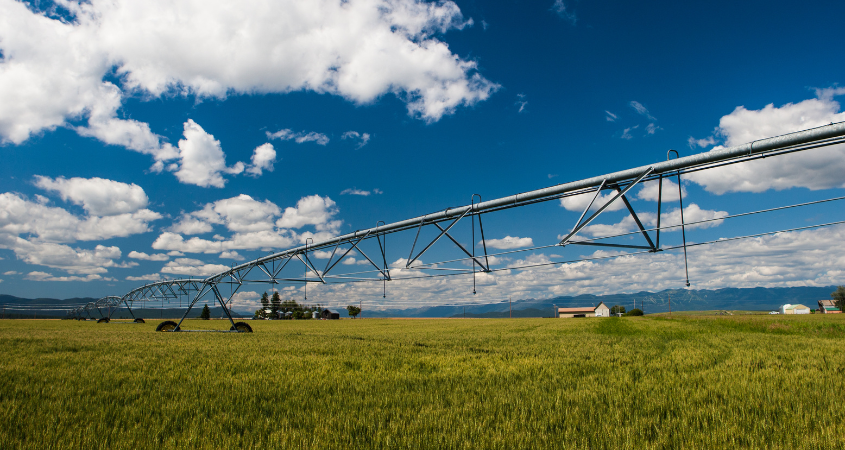
I hope this article finds you well. As we wind up on the planting of the irrigated wheat crops, I wanted to highlight the significance of leaf sampling for maximizing our crop performance and share valuable insights on this essential practice. Leaf sampling is a valuable tool for irrigated wheat production, enabling growers to assess […]
Read More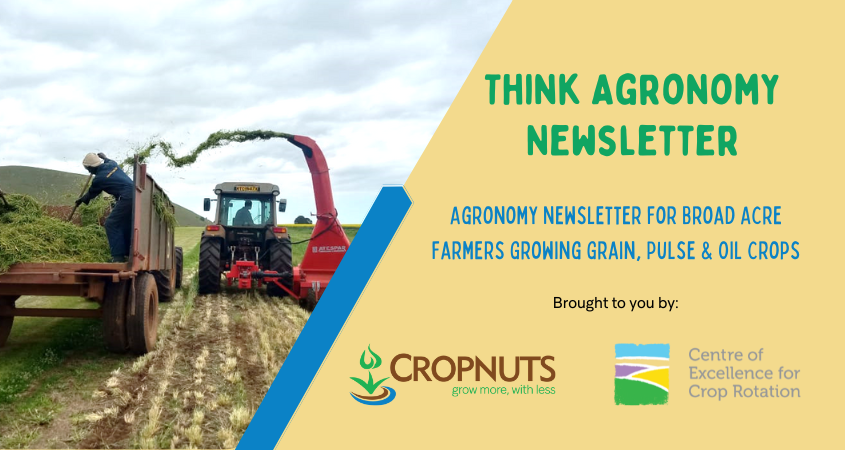
Maize silage Easy to establish and reliable, maize produces a very palatable and high-energy silage provided that it is well chopped and ensiled properly. Typically over 11 Mj of metabolisable energy per kilo, it is a great way of storing crop to feed for livestock later. The main drawbacks are that it needs to be […]
Read More
I. Introduction Maize is an important crop in many parts of the world, and its success largely depends on proper land preparation. To achieve optimal maize yields, farmers need to know the essential techniques for preparing their land before planting. This article will cover the various stages involved in maize land preparation, from soil analysis […]
Read More
As we approach the potato planting season, good planning is essential to achieve the best from the crop and maximise your profits. We take a look at the steps to consider: Number 1 is certified seed; you do not need the crop to be held back by diseases such as Blackleg, Black Dot, and Rhizoctonia […]
Read More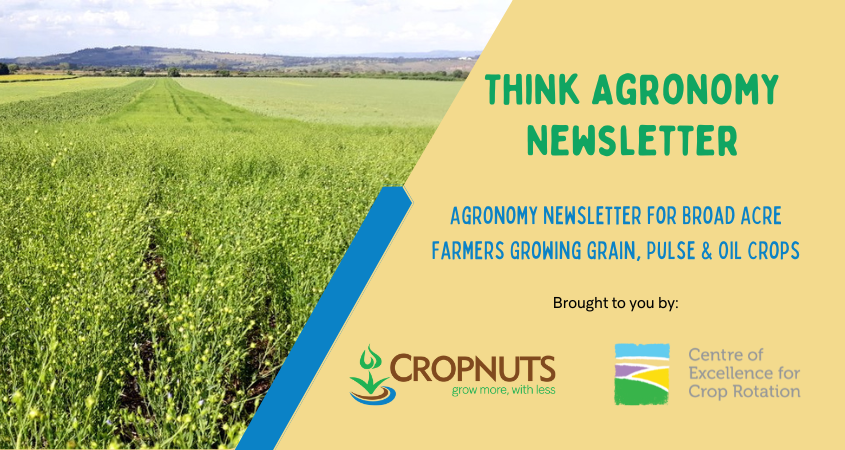
Legumes for a crucial part of the crop rotation on many levels, adding valuable soil nitrogen, reducing root diseases such as Take-all and Fusarium in cereals, improving soil structure and allowing control of grass weeds such as Brome and Ryegrass. Something that I have seen first-hand over the last few years in Kenya is the […]
Read More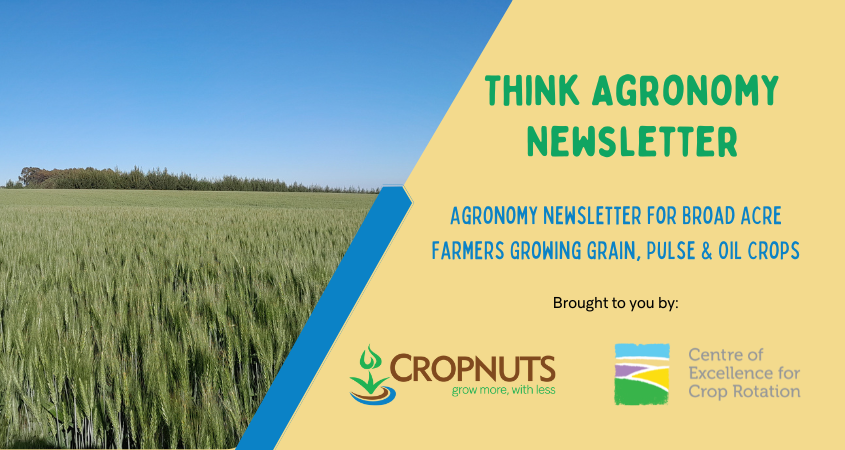
Choosing the right wheat variety is one of the most important steps to growing a profitable and reliable wheat crop. Disease resistance, yield, grain quality, sprouting risk, and many other factors should be taken into consideration so that the chances of achieving a high yield and Grade 1 quality with minimal risk and expenditure on […]
Read More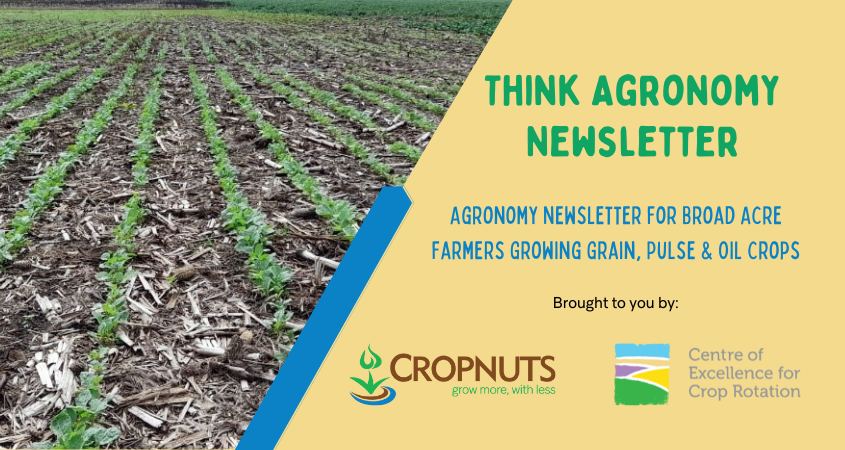
A good crop begins with putting the seed in the ground well, into a good growing environment. This means a well-structured soil with plenty of oxygen so that the roots can explore and grow rapidly in length and access as much soil volume as possible. In turn, this allows the growing crop to access more […]
Read More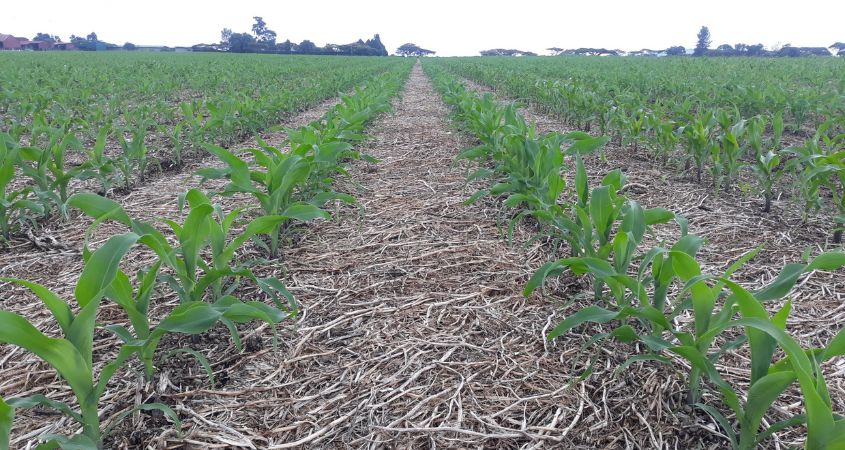
Background information While many approaches, such as nutrient omission trials, have been shown to be beneficial in adjusting fertilizer recommendations such as nitrogen (N) fertilizer-based rates, severe nitrogen deficiencies persist across Kenyan farms. These can be attributed under application of N, or N loss. A large amount of the applied N is lost due to […]
Read More
My name is Robert Kariuki, I work with farmers to help increase the quantity and quality of their farm produce through sustainable and affordable soil management practices. We do this by training and advising on good soil management as well as sourcing and availing credible soil inputs and soil amendments. I am also a composting […]
Read More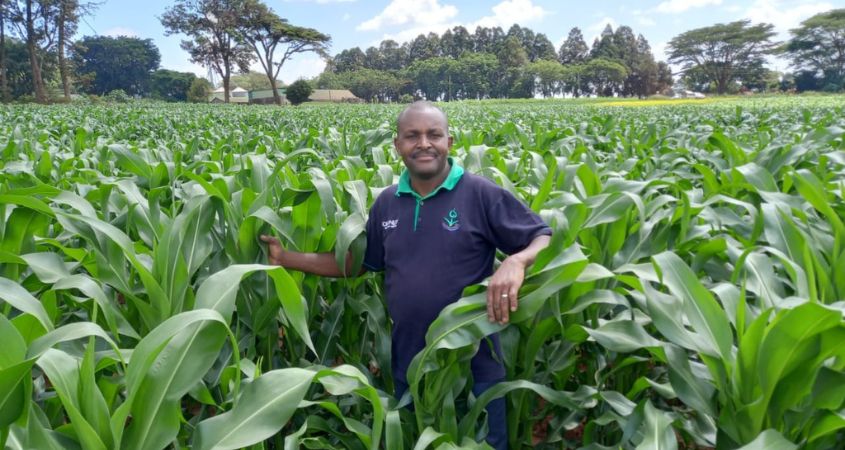
In many places of the world, soil acidity is a substantial constraint to soil productivity. Sodium, aluminum, manganese, and hydrogen ion toxicity, as well as deficits in critical elements such as nitrogen, calcium, magnesium, phosphorus, and molybdenum, all contribute to plant growth suppression. Agricultural management practices have increased shifts in soil pH, raising concerns about […]
Read More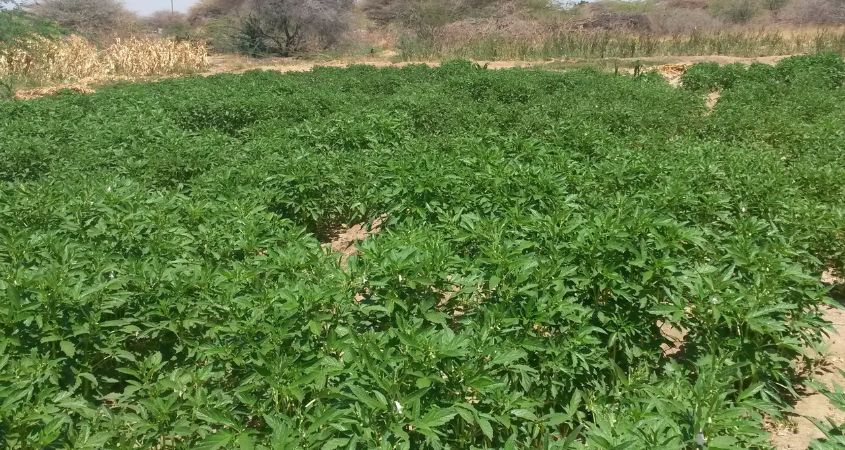
In my last article, we dealt with the many benefits of cover crops and how they can really help improve soil health, soil structure, nutrient availability (especially phosphorous), and water infiltration and moisture holding capacity. These are some of the most important yield destroyers in African soils. Cover cropping, if done properly can really make […]
Read More
Today, September 29, is the International Day of Awareness of Food Loss and Waste. On this day, we take the opportunity to raise awareness of practices and innovations that help reduce food loss and waste and build more resilient food systems. Food loss and waste undermine the sustainability of our food systems. When food is lost […]
Read More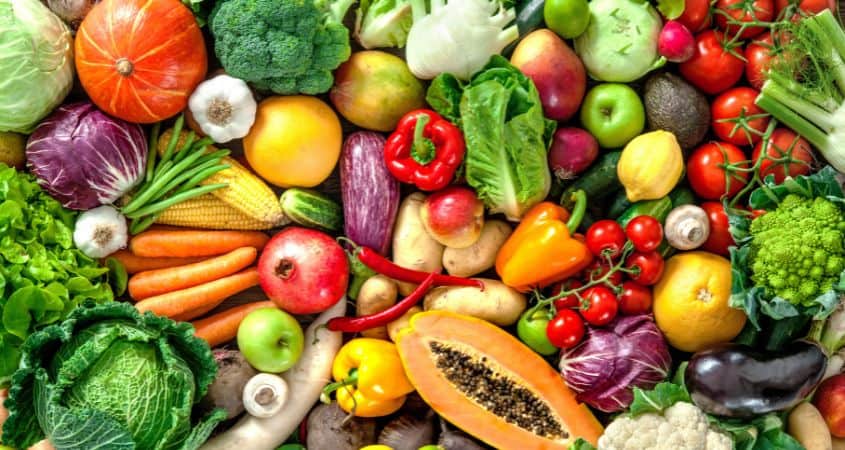
In recent months, a number of amendments to the EU 396/2005 Regulation have been published. Some of these changes are already active since April 14 and 28 and May 3, 2022. Regulation EU 2021/476 is an amendment of Annexes II, III and IV to Regulation EU 396/2005; and indicates a change in Maximum Residue Levels […]
Read More
Cover crops are planted to cover the soil rather than for the sole purpose of being harvested. Commercial cropping and removal of crop residue leaves the soil surface bare until the next crop is planted. Bare soils are very fragile and prone to erosion, capping, heating, and degeneration. Bare soils cause floods and dust storms. […]
Read More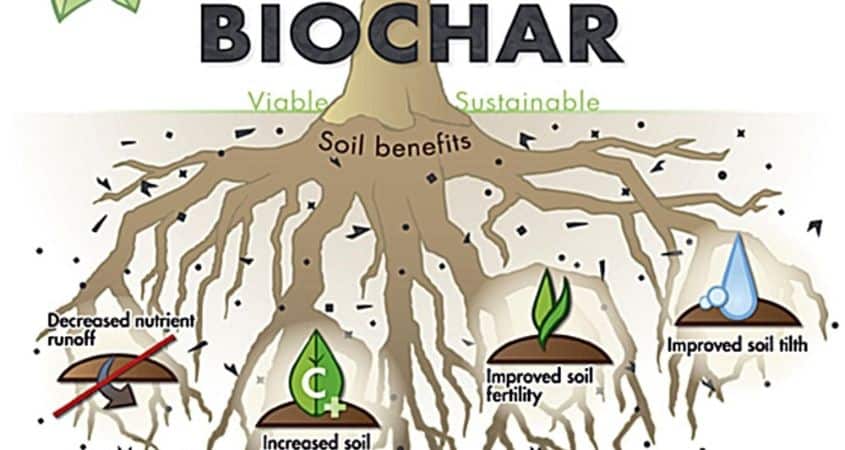
Biochar is the new buzzword in farming. What is it? Biochar is basically ‘charred’ agricultural waste created through slow-burning of organic matter in the absence of oxygen (pyrolysis). This creates a porous, high carbon, stable material that can be added to the soil to improve soil properties. The claims for the benefits of biochar are […]
Read More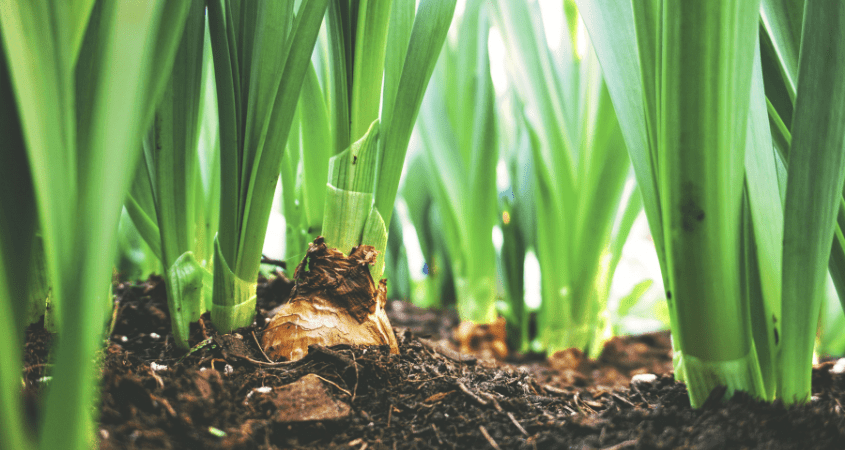
Soil is important not just for growing plants and supporting our farmers, but it plays a major function in the health of the planet. Soil provides us with what are known as ecosystem services, essential for global health. The resilience of the soil is its capacity to recover and bounce back after a change of regime […]
Read More
Cover crops will have an important role for us in Kenya, especially in terms of weed control and input cost reduction, but farmers need patience and an independent mindset to understand how to make them successful. I’m not sure entirely what cover cropping will look like for us yet, but improved Mallow control, lower fertiliser […]
Read More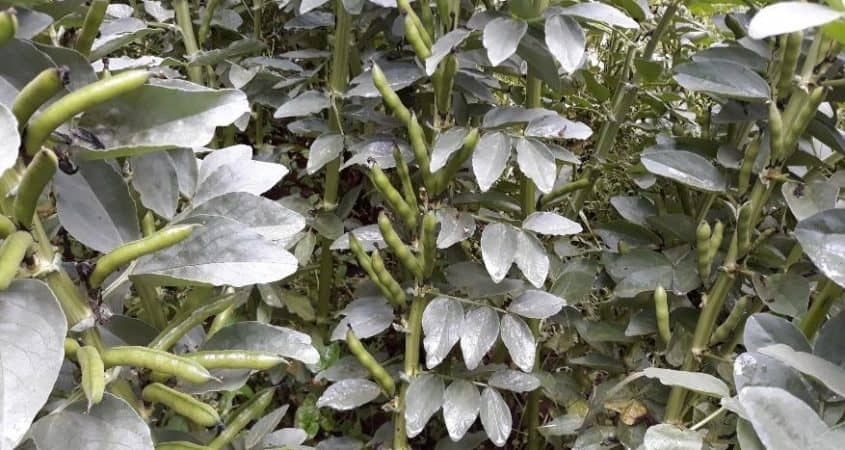
Faba Beans look very exciting on the right soil types. Thinking back to the UK, I was always struck at how Peas and Fabas thrived on alternate soil types, and that may be the case here in Kenya too; where peas are inconsistent, we perhaps need to give fabas a serious go. Peas Faba Beans […]
Read More
I recently purchased a bag of what I thought was lime recently to use on trials, only to discover that it was actually gypsum. I included it in the trial anyway out of curiosity, and it got me thinking, why don’t we think about gypsum more often? Essentially calcium sulphate, gypsum contains two very important […]
Read More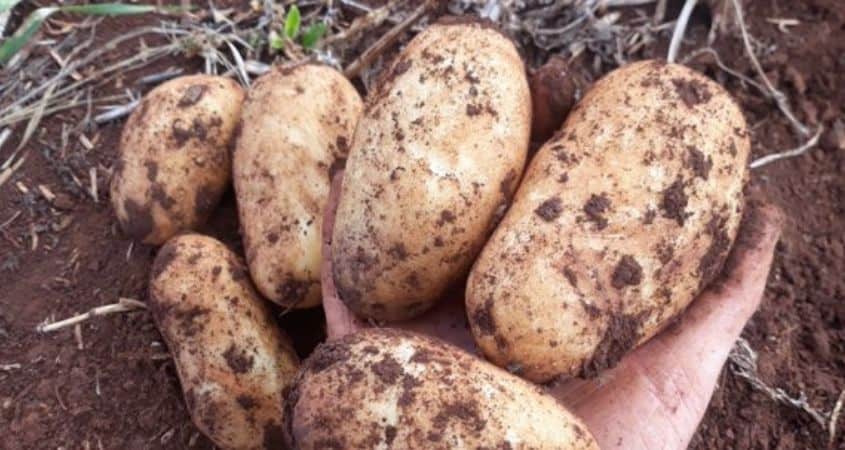
Anyone considering growing potatoes over the coming months should know the benefits and importance of buying clean, certified potato seed variety. This is the best way to ensure the seed is free from Cyst Nematode, Blackleg, and Viruses such as Leaf Roll, all of which can all lead to significant yield or even crop loss. […]
Read More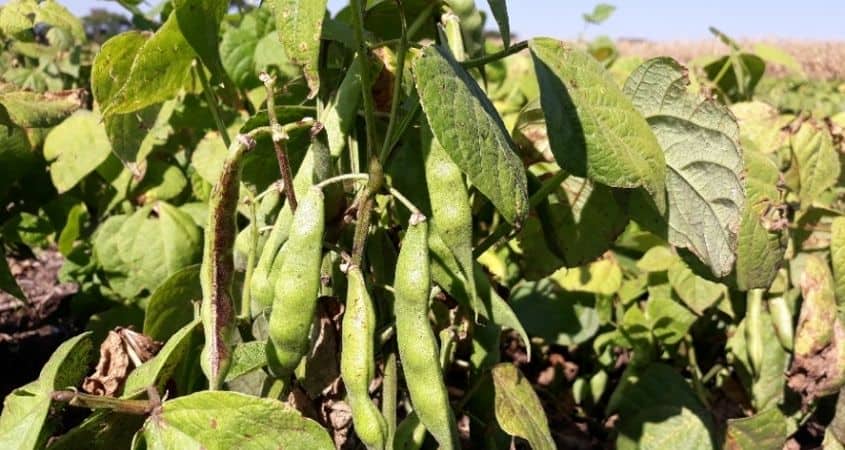
Edible beans such as Rosecoco, Kidney and Yellow Beans can be highly lucrative, but can farmers successfully scale this up to more than just a few acres?
Read More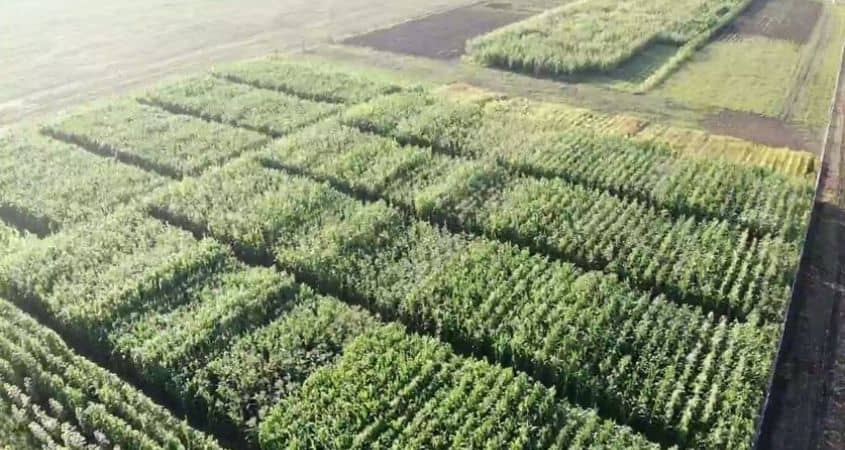
The trials team certainly had high expectations for their Nakuru Maize Variety Trial, but this extraordinary average yield certainly opened their eyes. The Nakuru site is just one of the 8 sites across the country that we’ve test varieties in different climates over the past 12 months. Had we grown the top-yielding variety in this […]
Read More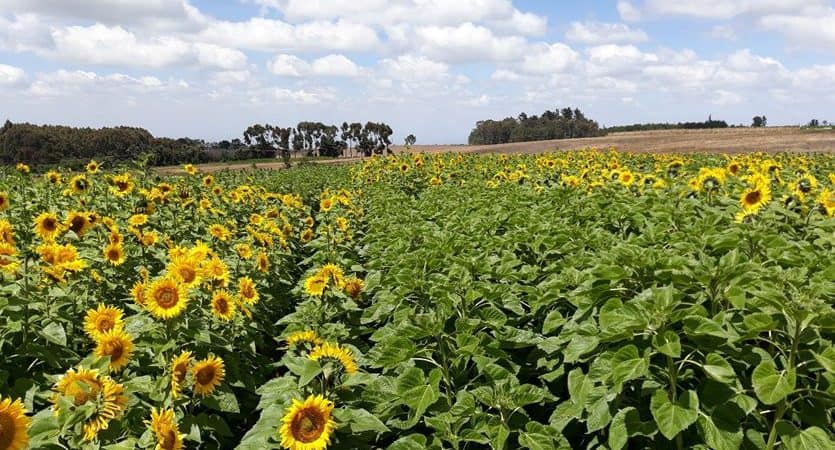
Sunflowers are a fantastic crop for Kenya and can provide extra income for farmers in the off-season as well as many rotational benefits to the soil. But to get top yields it is crucial to check on your herbicides and keep the crop free from weed competition for the first 6-7 weeks. Good planting ensures […]
Read More
We hope that you will read this newsletter with great interest. The aim of this newsletter is to keep you updated on the new MRLs for certain pesticides that have recently been published by the EU. Of emphasis, are the updates on EU- MRLs for Chlorate and Perchlorate in particular. If you have any questions, […]
Read More
For the past three seasons growers have been reporting Fall Armyworm in the tips of cobs from silking right through to maturity, with damage at harvest similar to the photo below. Fall Armyworm numbers have clearly been on the decline since they first arrived in 2017, with some exceptions, and this year they appear to […]
Read More
Bushel weight can make the difference between a profitable crop and one that you can’t even sell. Carrying on from our previous newsletter on how to improve your bushel weight, we take a look at how to get the fungicide program right to maximise your chances of getting a top price for your wheat. Fungicide […]
Read More
When it comes to Potato Farming, Getting weed control right in potatoes is crucial. Furthermore, weeds generally make mechanical harvesting difficult and compete with the crop for nutrients just as the tubers really start bulking. Here, we take a look at some of the weed control herbicides options to receive great yields from Potato Farming: […]
Read More
With malting barley plantings down considerably this year, many farmers will be growing extra acres of wheat to make up for the area lost. But what varieties should you grow to manage the risks of a big wheat area? Robin Still yields very well in our trials, and most importantly of all is consistent across […]
Read More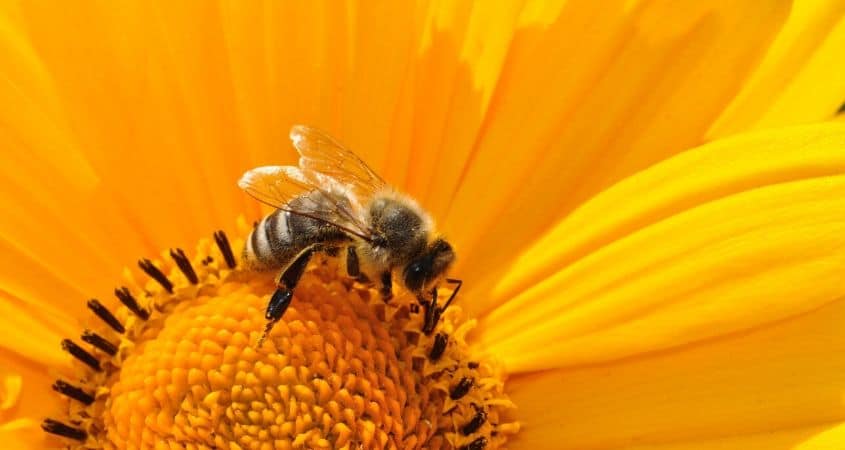
Yields in high value cash & export crops such as coffee, potatoes, avocados, pawpaws, watermelons, oranges, cucumber, passion fruit, etc, hugely depend on the pollination activities carried out by bees, butterflies, birds & other pollinators. Pollinators are essential to the production of many of the micronutrient rich fruits, vegetables, nuts, seeds and oils we eat. […]
Read More
Think Agronomy 15th May 2020 If you set out to collect several hundred Fall Armyworm larvae for an experiment, I can tell you that it is a long task, which seems to take longer each year. Sure, if you look for them they are easy enough to find in fields that have perhaps not received […]
Read More
Soil or land preparation for farming is foundational when growing cereals like maize wheat and barley. In this article we’ll explore the key critical soil requirements for cereal production namely: soil sampling, soil preparation and planting & Deep Nitrogen Testing Soil Sampling Why soil sampling improves profitability How to sample properly Grid vs zone sampling […]
Read More
What are you going to do there? You hardly have any knowledge of Agriculture. How do you fit there? My family and friends asked me when I announced that I was joining Cropnuts. When I was younger, I knew I would join a technological company. And this meant a company whose core business was selling […]
Read More
Turning soils into sponges: Opportunities to reduce flood and drought risks You may think that the common factor between drought and flood in many places in Kenya is water, especially lately. Other than the lack or abundance of rain, the major reason for droughts and floods is the soil’s health status and its inability to […]
Read More
As crops progress through the growth stages, weed control in maize up to 7-8 leaf stage is crucial to avoid yield loss. There are a number of maize herbicide options on the market, so we explore their strengths and their weak points… Stellar Star Stellar Star is very strong on Gallant Soldier, Datura and Mexican […]
Read More
Knowing your farm cost of production is absolutely crucial for any farming business, and it is an integral part of the advice we give the farmers that we work with at Cropnuts. So every year we take a look through the actual farm input costs of growing different cereal crops (maize wheat & barley) and […]
Read More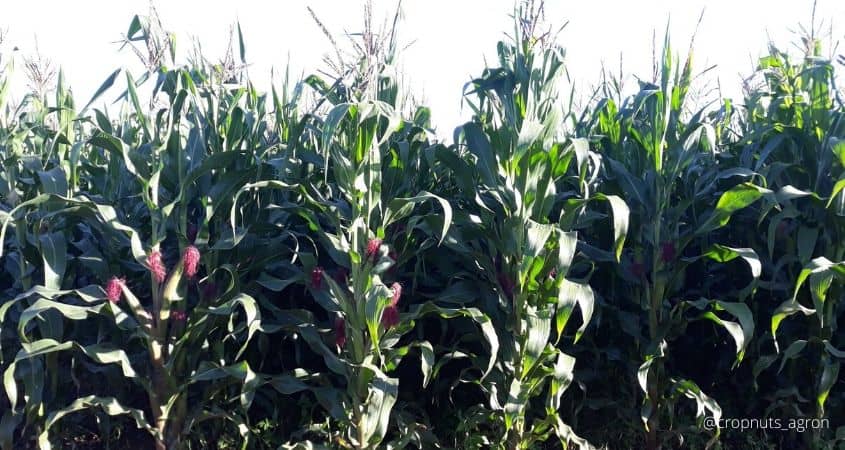
Maize plant population and seed rate comparison data from our maize variety trial sites has been very enlightening. Last week we looked at the results of our Cropnuts Maize Variety Trials in 2019 and highlighted how some maize varieties perform very differently at higher plant populations. Within the Variety Trials last year at every site, […]
Read More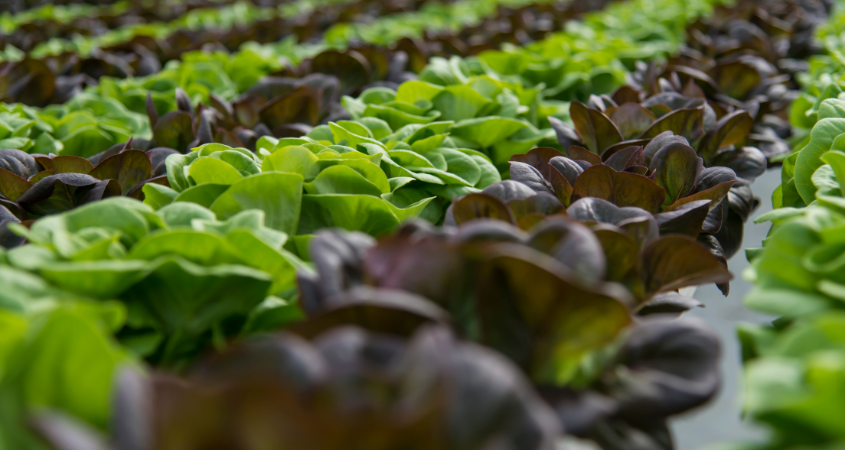
Plant disease & pest management using chemical pesticides raises serious concerns about food safety, environmental quality and pesticide resistance. These concerns have dictated the need for alternative plant disease & pest Management techniques. In particular, plant nutrients could affect the disease tolerance or resistance of plants to pests and diseases. This is evident in the […]
Read More